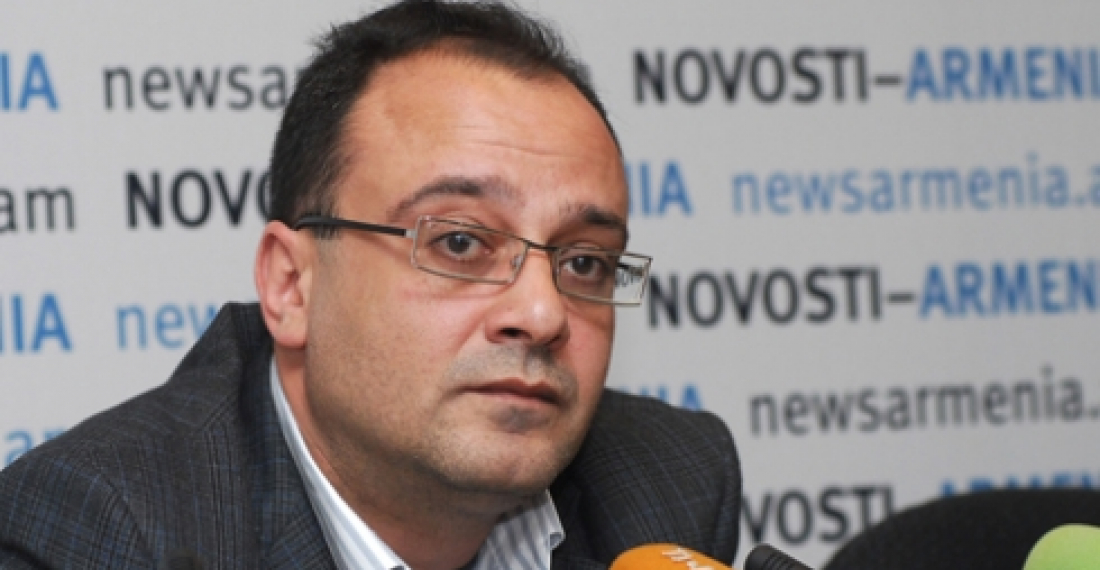Принятие Сенатом Национальной Ассамблеи Франции законопроекта о криминализации отрицания Геноцида армян продемонстрировало, что европейское сообщество в лице Франции пересматривает свою позицию в отношении Анкары. Подобное мнение сегодня на пресс-конференции в Ереване выразил председатель общественной организации \"Европейская интеграция\", политолог Карен Бекарян.
По его словам, европейцы до сегодняшнего дня имели несколько туманное представление о сущности политики Турции, об этом косвенно свидетельствуют выступления некоторых французских депутатов в ходе обсуждений законопроекта, где красной нитью проходила мысль о том, какое отношение вообще имеет данный законопроект к Турции. \"Европейское сообщество, не имея активных контактов с Турцией, до сих пор не знало, что этот кандидат в члены ЕС в своей внешней политике опирается на шантаж и угрозы в отношении соседей, что Турция до сих пор не отказалась от своих агрессивных устремлений. Однако сегодня они постепенно начинают понимать всю опасность действий в угоду Анкары. В частности, то для чего в Армении дислоцируется российская военная база. Должен сказать, что к принятию законопроекта Францию, собственно, во многом подтолкнула сама Турция, своей истерикой и своими угрозами. Европейцы просто поняли, с кем имеют дело\", - отметил Бекарян.
23 января Сенат Национальной Ассамблеи Франции вынес решение о криминализации отрицания Геноцида армян. Согласно новому закону, отрицание Геноцида армян будет преследоваться в уголовном порядке. Закон, за принятие которого в Сенате проголосовало \"за\" 127, а \"против\" - 86 сенаторов, предусматривает наказание в виде года тюремного заключения и штрафа в размере 45 тысяч евро за отрицание Геноцидов, в том числе Геноцида армян. Автором законопроекта является депутат от правящей партии \"Союз за народное движение\" Валери Буайе.







